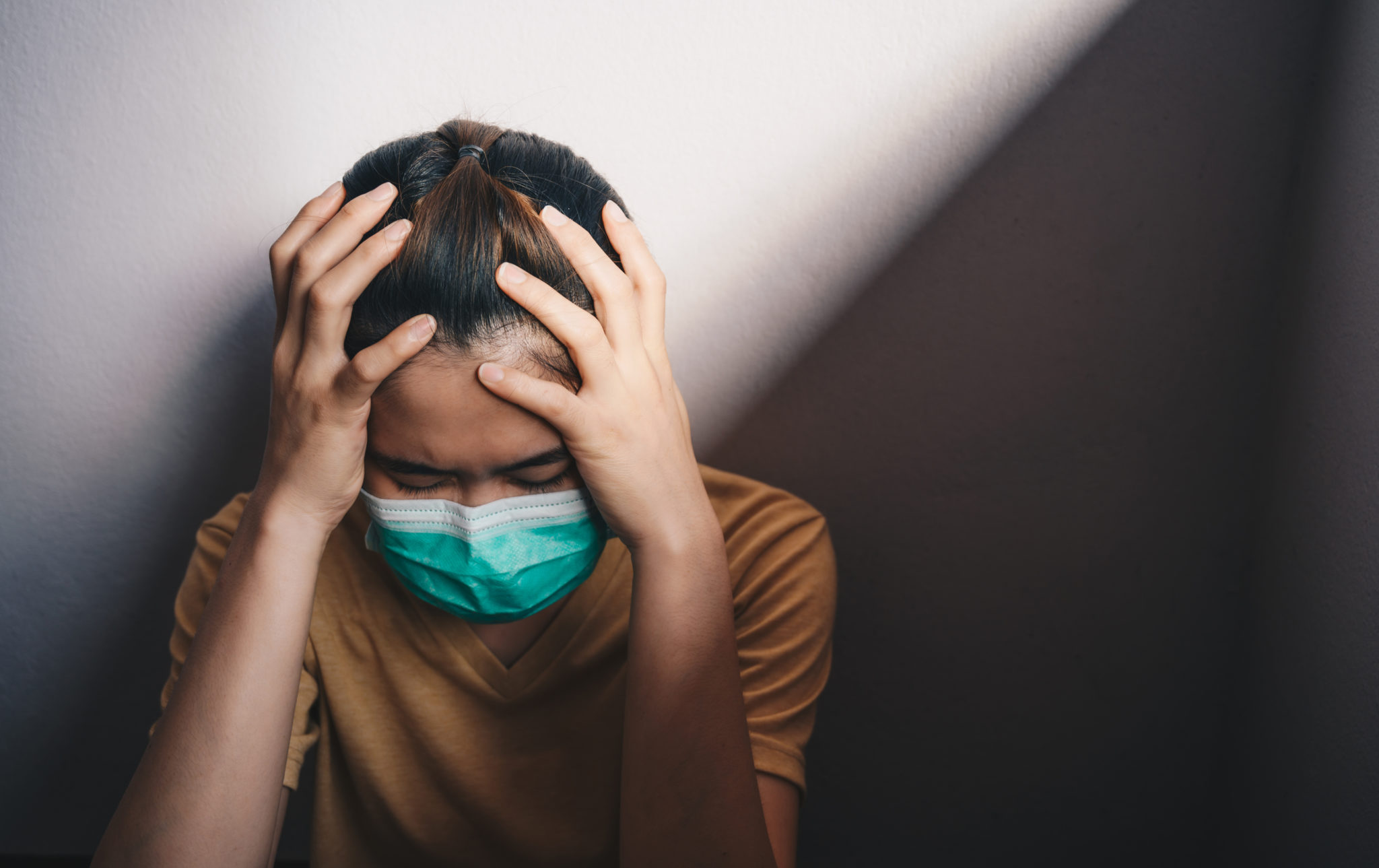In addition to the serious public health impact of COVID-19, there are also far-reaching economic…
The Pandemic’s Economic Toll on Women

Over the course of the last year since Covid-19 emerged, women and people of color have consistently borne the brunt of the pandemic’s economic impact. Women and particularly women of color took on an increased share of caretaking as schools and childcare centers closed. Industries with higher shares of women and women of color, such as hospitality, were hit hard by pandemic-related loss of business. At one point last year, women experienced double digit rates of unemployment for the first time since the 1940s, according to the National Women’s Law Center.
So it is troubling, but not surprising, that a Washington Post-ABC News poll released this week found that “women and people of color are the most likely to say they are financially worse off today than before the pandemic began.” The poll echoes familiar themes of economic reporting from the last year, finding that women and people of color disproportionately lost work as the pandemic impacted service-sectors and forced impossible choices between working and caring for children.
Gender on the Ballot’s most recent polling, conducted among women across the country earlier this year, found similar results. Over one in three women in our survey said their financial situation has gotten worse since Covid-19 emerged. Only 18% of women say that their personal financial situation has gotten better over the last year. A quarter of working women (28%) indicated that the pandemic has affected their careers—delaying raises, bonuses, and promotions. Among women under 40 years old, that share rises to 43%, and it is 45% among working moms.
The economic damage of the pandemic was also top-of-mind for women voters in the 2020 election. When asked to cite the most important issues that impacted their votes in November, 42% of women in our poll named the pandemic, with the economy closely following as a top factor for 34% of respondents. When asked to put the pandemic aside and choose the issues they would most like to see Congress and the Biden-Harris focus on, 73% of women in our survey chose economic issues such as creating jobs and increasing wages instead of issues such as police brutality, gender inequality, and gun violence.
Read more of the findings from She Votes, which was conducted by the Benenson Strategy Group among 809 women who voted in the 2020 presidential election and who are likely to vote in the 2022 midterm election.
In case you missed the Women & Politics Institute’s “Women on Wednesdays” virtual discussion that explored the issues shaping women voters and their political opinions one year after the start of the pandemic, you can watch the full replay here.






